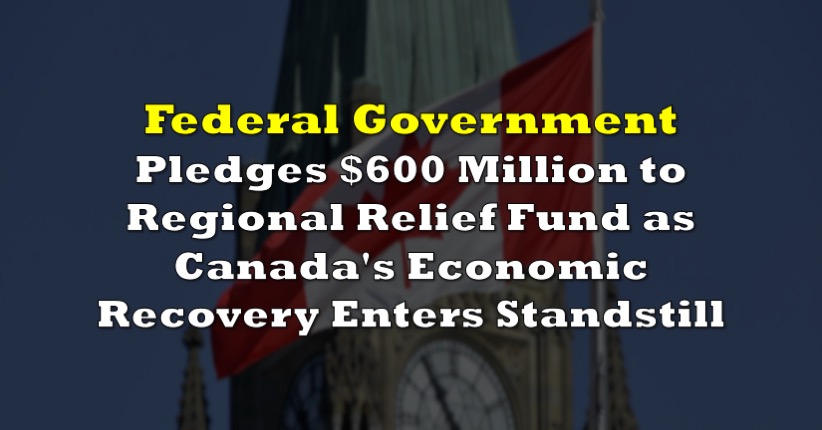As a second wave of the coronavirus pandemic ripples across the world, the likelihood of a speedy global economic recovery continues to dwindle, especially if governments discontinue their fiscal support too early or fail to deliver the necessary doses of vaccines.
According to the OECD’s latest Economic Outlook, global economic growth has been revised down from 5% to 4.2%, as activity continues to be restricted amid increased calls for social distancing and partially-closed international borders, which are expected to continue through to the first half of 2021. Although an economic recovery is certainly underway in some parts of the world, it will be sporadic and uneven across sectors, and could even lead to permanent changes to the world economy.
With respect to major economies, some of the largest downgrades in growth are expected in Europe and the UK, with the OECD forecasting a reduction from 7.6% to 4.2% for the latter. In addition, economic growth projections for both Canada and the US were downgraded from the previously forecast 4% for both, to 3.5% and 3.2%, respectively. However, OECD chief economist Laurence Boone noted that if governments retract their fiscal and healthcare supports too prematurely, there could be a significant loss in confidence, which would ultimately lead to an even more pessimistic outlook.

The report also noted that some emergency spending among certain governments had been wasteful amid the pandemic, given the lack of correlation between the degree of fiscal aid and the resulting economic performance. As a result, the OECD stressed the need for governments to target their support towards vulnerable sectors and companies that have been suffering significantly more amid the pandemic. Financial aid should first and foremost be targeted to smaller firms that have a higher likelihood of going out of business, as well as low-wage earners and households in the poverty threshold that have limited safety nets.
Indeed, the direction of the global economic recovery will also be heavily dependent on the successful and timely distribution of the Covid-19 vaccines, which in clinical trials have thus far shown hopeful results. Given that the lifting of lockdown measures, reopening of businesses, and people returning to work is heavily dependent on eradicating the soaring risk of Covid-19 infection, delays in distributing vaccines could have a profound impact on favourable economic recoveries.
The OECD also mentioned in its report that both North America and Europe will likely become smaller contributors to global economic output come 2021, given the downgrading of their recovery forecasts. In the meantime, China is expected to account for more than one-third of the world’s expansion come next year.
Information for this briefing was found via the OECD. The author has no securities or affiliations related to this organization. Not a recommendation to buy or sell. Always do additional research and consult a professional before purchasing a security. The author holds no licenses.









